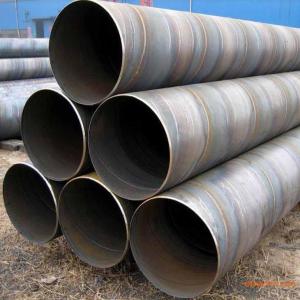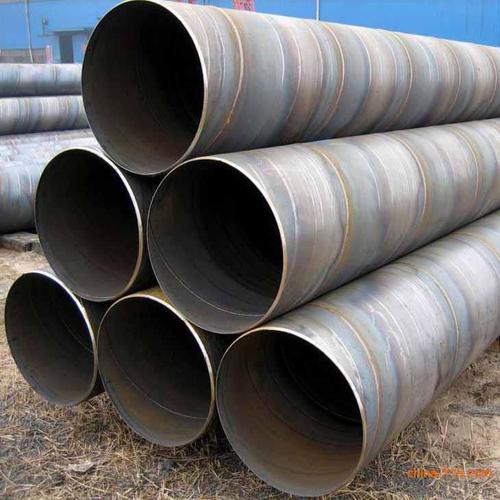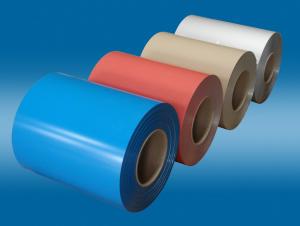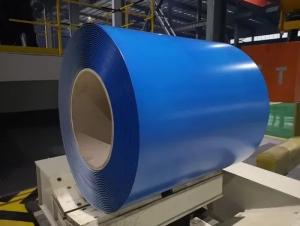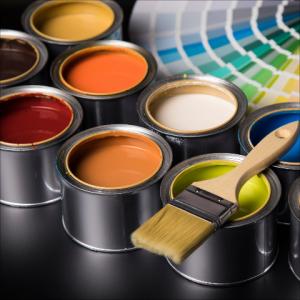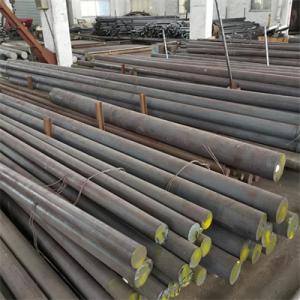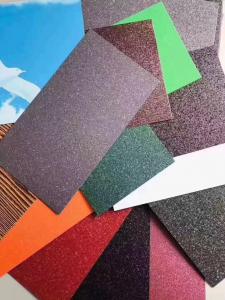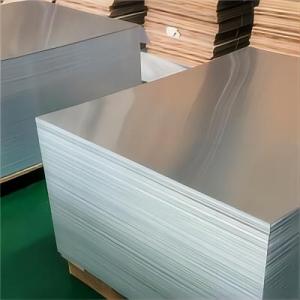Roller Shades Stainless Steel Pipes API 5L High Quality SSAW Steel Pipe Welding
- Loading Port:
- Tianjin
- Payment Terms:
- TT or LC
- Min Order Qty:
- 25 m.t.
- Supply Capability:
- 10000 m.t./month
OKorder Service Pledge
OKorder Financial Service
You Might Also Like
We are company that have many years experience and professional manager team and engineer team and sales team, sure we will provide you high quality of pipe and professioanl service.
Seamless pipe possesses a hollow section and without seam around the strip steel. It is made with solid bar or steel ingot by perforating machine. As the facture process does not include any welding, seamless pipes are considered to be stronger and more durable. Generally speaking, seamless pipe has better pressure resistance and security than other classifications, and was usually more easily available than welded pipe.
2、Main Features of the Seamless Pipe:
• High working accuracy
• High strength
• Small inertia resistance
• Strong therming dissipine ability
• Good appearance
• Reasonble price
3、Seamless Pipe Specification:
Standard | GB, DIN, ASTM ASTM A106-2006, ASTM A53-2007 |
Grade | 10#-45#, 16Mn 10#, 20#, 45#, 16Mn |
Thickness | 8 - 33 mm |
Section Shape | Round |
Outer Diameter | 133 - 219 mm |
Place of Origin | Shandong, China (Mainland) |
Secondary Or Not | Non-secondary |
Application | Hydraulic Pipe |
Technique | Cold Drawn |
Certification | API |
Surface Treatment | factory state or painted black |
Special Pipe | API Pipe |
Alloy Or Not | Non-alloy |
Length | 5-12M |
Outer Diameter | 21.3-610mm |
Grade | 20#, 45#, Q345, API J55, API K55, API L80, API N80, API P110, A53B |
Standard | ASME, ASTM |
1) Material:20#(ASTM A 106/A53 GRB.API5LGRB,GB),45#,16Mn,10#.
2) Specification range: OD: 21.3-610mm, WT:6-70mm, length:6-12m or according to the requirement of clients.
3) Executive standards: GB, ASME API5L.ASTM A 106/A53,Despite of the above standards, we can also supply seamless steel pipe with standard of DIN, JIS, and so on, and also develop new products according to the requirements of our clients!
4) Surface: black lacquered, varnish coating or galvanized.
5) Ends: Beveled or square cut, plastic capped, painted.
6) Packing: bundles wrapped with strong steel strip, seaworthy packing.
4、Packaging & Delivery:
Packaging Details: | seaworthy package, bundles wrapped with strong steel strip |
Delivery Detail: | 15-30days after received 30%TT |
5、FAQ of Seamless Pipe:
①How is the quality of your products?
We have many years business experience in this area, and we have professional engineer and manager team and sure we can provide you high quality production and professional service.
②How about price?
Yes, we are factory and be able to give you lowest price below market one, and we have a policy that “ for saving time and absolutely honest business attitude, we quote as lowest as possible for any customer, and discount can be given according to quantity”,if you like bargain and factory price is not low enough as you think, just don’t waste your time.Please trust the quotation we would give you, it is professional one.
③Why should you chose us?
We can give you both.Additionally, we can also offer professional products inquiry, products knowledge train(for agents), smooth goods delivery, exellent customer solution proposals.Our service formula: good quality+good price+good service=customer’s trust
SGS test is available, customer inspection before shipping is welcome, third party inspection is no problem.
6、Seamless Pipe Images:
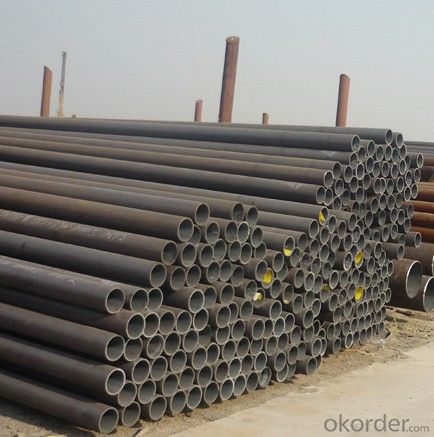
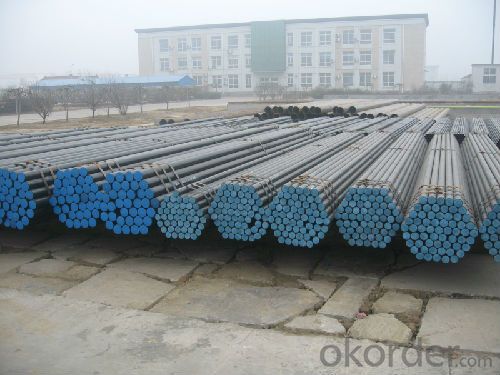
- Q:How do steel pipes compare to other pipe materials like PVC or copper?
- Steel pipes have several advantages over other pipe materials like PVC or copper. Firstly, steel pipes are incredibly strong and durable, making them suitable for high-pressure applications and long-term use. They have a higher resistance to cracking or breaking, which is especially beneficial in demanding environments. Secondly, steel pipes have excellent heat resistance, making them ideal for transporting hot fluids. On the other hand, PVC pipes are more lightweight, cost-effective, and easy to install, making them suitable for non-pressure applications. Copper pipes are known for their corrosion resistance and ability to handle high temperatures, but they are typically more expensive. Overall, the choice between steel, PVC, or copper pipes depends on the specific requirements of the application, considering factors like pressure, temperature, cost, and ease of installation.
- Q:What is a flange and how is it used in steel pipes?
- A flange is a flat, circular fitting that is attached to the end of a steel pipe. It is used to connect two pipes or fittings together, allowing for easy assembly and disassembly of the pipeline system. The flange provides a secure and leak-proof connection by bolting the flange to the adjacent flanges or equipment. It also allows for the attachment of valves, pumps, or other components to the pipeline. Overall, flanges play a crucial role in ensuring the integrity and functionality of steel pipes in various industrial applications.
- Q:What is a steel pipe?
- A steel pipe is a cylindrical hollow tube made primarily of steel, commonly used for transferring fluids and gases, as well as structural applications in construction and industrial settings.
- Q:How are steel pipes used in the construction of stormwater drainage systems?
- Steel pipes are commonly used in the construction of stormwater drainage systems due to their durability and strength. They serve as underground conduits to efficiently transport stormwater away from built-up areas, preventing flooding and water damage. Steel pipes offer high resistance to external pressure and are capable of withstanding heavy loads, making them suitable for underground installations. Additionally, their corrosion-resistant properties ensure long-term effectiveness and minimize maintenance requirements. Overall, steel pipes are essential components in stormwater drainage systems, providing reliable and efficient water management solutions.
- Q:What is the production process of seamless steel tube?
- The main production process for hot rolling seamless steel tube (the main inspection):Tube preparation and check delta to billet heating, heating, rolling, perforated pipe, steel pipe and heat treatment, diameter (minus) Delta to finished tube straightening, finishing and inspection of delta (nondestructive, physicochemical, Taiwan inspection and warehousing)
- Q:How long are the seamless tubes? Are they six meters long?
- The usual length of steel pipe is as follows: hot rolled steel pipe 3000~12000mm and cold drawn steel pipe 3000~10500mm.
- Q:Can steel pipes be used for underwater applications?
- Yes, steel pipes can be used for underwater applications. Steel pipes are known for their durability and corrosion resistance, making them suitable for various underwater purposes such as offshore oil drilling, underwater construction, and marine transportation. Additionally, steel pipes can withstand the high pressure and harsh environmental conditions present underwater, making them a reliable choice for such applications.
- Q:How are steel pipes used in the manufacturing of furniture and appliances?
- Due to their strength, durability, and versatility, steel pipes find widespread use in the production of furniture and appliances. In furniture manufacturing, they are commonly employed to construct the frames and structures of various pieces, including chairs, tables, and beds. Serving as the primary support system, these pipes ensure a sturdy and dependable foundation for the furniture. In appliances, steel pipes serve multiple purposes. They are frequently utilized to create the internal framework and bear the weight of kitchen appliances such as stoves, ovens, and refrigerators. Additionally, steel pipes are commonly found in washing machines, dryers, and dishwashers, facilitating the transportation of water and other fluids throughout the appliance. Moreover, steel pipes are essential in the manufacture of outdoor furniture and equipment that require weather resistance and durability. To safeguard against rust and corrosion, these pipes are often coated with protective materials, thus ensuring the longevity of the furniture and appliances. In conclusion, steel pipes play a vital role in the production of furniture and appliances, providing the necessary strength and support. Their versatility allows for various applications, making them an indispensable component in the manufacturing process of these goods.
- Q:Can steel pipes be used for hydroelectric power plants?
- Hydroelectric power plants can indeed utilize steel pipes. These power plants frequently employ steel pipes for a variety of purposes. The primary application of steel pipes in these plants is within the penstock, which serves as the conduit for water movement from the reservoir to the turbine. Given the high pressure experienced within the penstock, steel pipes possess the requisite strength and durability to handle both the water flow and pressure. The use of steel pipes in hydroelectric power plants is favored due to their exceptional tensile strength, resistance to corrosion, and long-lasting nature. They can withstand the demanding conditions of high pressure and water flow, thereby ensuring an efficient transfer of water from the reservoir to the turbine. Moreover, the fabrication and installation of steel pipes are straightforward and convenient. These pipes can be tailored to fit the specific requirements of a given project, and they can be joined together using welding or bolts to achieve the desired length and shape. Furthermore, when compared to alternative materials like concrete or fiberglass, steel pipes offer cost-effective advantages. They provide a reliable and economically efficient solution for water conveyance within hydroelectric power plants, thereby contributing to the overall efficiency and effectiveness of the power generation process. In conclusion, steel pipes are commonly employed in hydroelectric power plants as they possess the necessary strength, durability, and cost-effectiveness required for the efficient transfer of water from the reservoir to the turbine. They are an ideal choice for this purpose and are widely regarded as a suitable material for hydroelectric power plants.
- Q:Can steel pipes be used for power plant construction?
- Yes, steel pipes can be used for power plant construction. Steel pipes are commonly employed in power plants for various applications such as the transportation of fluids, steam, and gases, as well as for structural support. They offer high strength, durability, and resistance to extreme temperatures and pressures, making them suitable for the demanding conditions found in power plants.
1. Manufacturer Overview |
|
|---|---|
| Location | |
| Year Established | |
| Annual Output Value | |
| Main Markets | |
| Company Certifications | |
2. Manufacturer Certificates |
|
|---|---|
| a) Certification Name | |
| Range | |
| Reference | |
| Validity Period | |
3. Manufacturer Capability |
|
|---|---|
| a)Trade Capacity | |
| Nearest Port | |
| Export Percentage | |
| No.of Employees in Trade Department | |
| Language Spoken: | |
| b)Factory Information | |
| Factory Size: | |
| No. of Production Lines | |
| Contract Manufacturing | |
| Product Price Range | |
Send your message to us
Roller Shades Stainless Steel Pipes API 5L High Quality SSAW Steel Pipe Welding
- Loading Port:
- Tianjin
- Payment Terms:
- TT or LC
- Min Order Qty:
- 25 m.t.
- Supply Capability:
- 10000 m.t./month
OKorder Service Pledge
OKorder Financial Service
Similar products
New products
Hot products
Hot Searches
Related keywords
